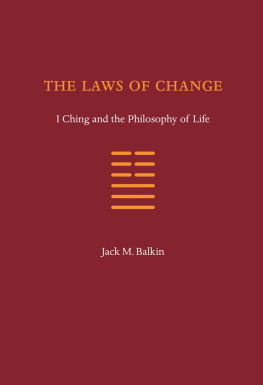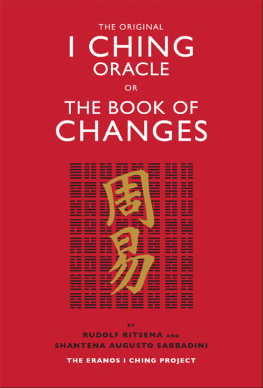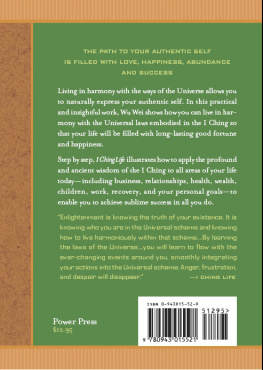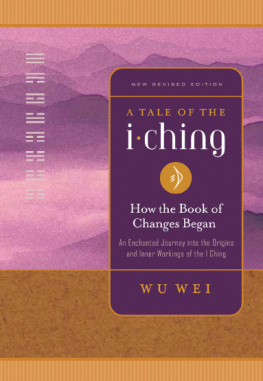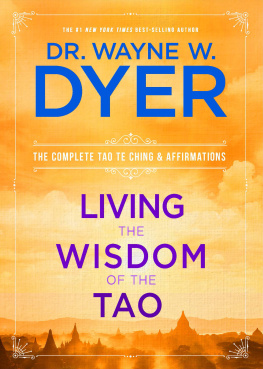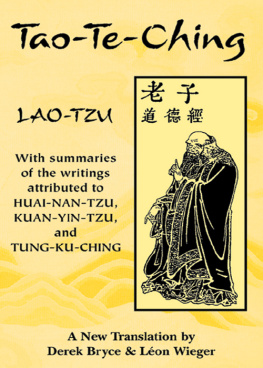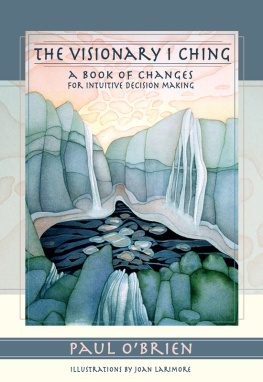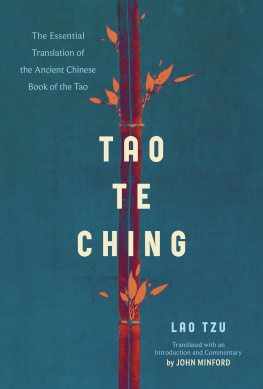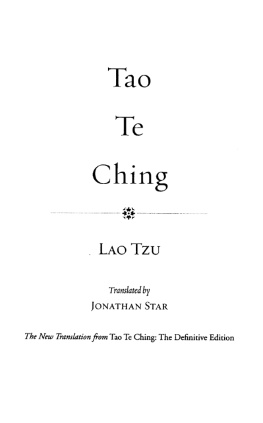
The Laws of Change
I CHING AND THE PHILOSOPHY OF LIFE

Jack M. Balkin
Sybil Creek Press, Branford, CT
Copyright 2002, 2009 by Jack M. Balkin
All rights reserved.
Published by Sybil Creek Press, Branford, Connecticut
www.sybilcreekpress.com
The first edition of this book was published in 2002 in hardcover in the United States by Schocken Books, a division of Random House, Inc., New York, and in Canada by Random House of Canada, Limited, Toronto.
Library of Congress Cataloging-in-Publication Data for the hardcover first edition is as follows:
Balkin, J. M.
The laws of change : I ching and the philosophy of life / Jack M. Balkin.
p. cm.
Includes bibliographical references and index.
ISBN-0-8052-4199-X (print)
1. Yi jing. I. Title.
PL2464.Z7 B33 2002
299.51282dc21 2002021672
Book design by Soonyoung Kwon
Printed in the United States of America
Second Edition 2009
ISBN: 978-0-9842537-1-5 (print)
ISBN: 978-0-9842537-3-9 (eBook)

QED stands for Quality, Excellence and Design. The QED seal of approval shown here verifies that this eBook has passed a rigorous quality assurance process and will render well in most eBook reading platforms.
For more information please click here.
To Margret, through all the changes
Preface

The Book of Changes (or I Ching, as it is often known) is one of the treasures of world literature, and a central text in the history of Chinese civilization. Chinese medicine, geomancy (also known as feng shui), and countless other arts are based on its teachings. It has become increasingly popular in the United States as a fortune-telling device, and yet the underlying philosophy of the book is still not well understood.
The Book of Changes began three thousand years ago as a diviners manual for Bronze Age kings. They wanted to know whether to sacrifice captives, go on royal hunts, make war, or form marriage alliances. Even when originally compiled, the laconic text of the Book of Changes was oracular and obscure, difficult to understand, and overflowing with complicated, multiple associations. Over time, the original meanings of many of the words in the book were lost or forgotten. Subsequent commentators created a new purpose for itas a book of profound wisdom about how human beings can deal with the vicissitudes of change in human life and human fortune. It was infused with the philosophies of Confucianism and Daoism and eventually became recognized as one of the Confucian classics. Generations of philosophers and scholars added their ideas. The history of the Book of Changes is the history of the changing meanings of this great work.
The Chinese philosophers and scholars who commented on and reshaped the Book of Changes suffered greatly through many wars and conflicts. Kingdoms rose and fell, empires were created and destroyed. They witnessed all of this and they wondered: What are the laws of change that govern human fortunes, and how can human beings understand these laws and learn to live in harmony with the changing world around them? How should people comport themselves in the face of good fortune and bad, success and catastrophe? How can people maintain their principles and their integrity and lead happy lives when the world changes around them so quickly, in ways over which they may have little or no control? How can people cultivate themselves and structure their behavior so as to ensure the greatest chances of success and contentment in a complicated world?
These questions are still with us today. They are central questions about the human condition. And the lessons that the Book of Changes offers concerning them are as valid today as they were in ancient China.
These questions, and the answers to them, are the subject of this book.
In the West, and particularly the United States, the Book of Changes has become popular as a form of fortune-telling, like astrology or the reading of tarot cards. But for the Chinese, and for those countries influenced by Chinese civilization, this view is too narrow. The Book of Changes has always been understood as a book of wisdom. The practitioner of the book consults it through random divinationthrowing coins or manipulating long stalks of dried plants (yarrow). But these practices of divination are designed to help the questioner confront the books philosophy in practical, concrete contexts. It is this philosophy, learned through formulating specific questions and interpreting the answers received, that gives the work its value. And that philosophy is best encountered not through the memorization of abstract principles but through its application to specific issues in a persons life. One absorbs the wisdom of the Book of Changes through consulting it and allowing it to become, over time, a trusted friend and confidant.
The goal of the present work, The Laws of Change, is to bring the philosophy of the Book of Changes to a larger audience. I wish to reach intelligent readers from every walk of life who may have heard of the Book of Changes only as a fortune-telling device, and to explain to them, in simple and easy-to-understand terms, how they can benefit from its teachings and apply them to their everyday lives. I also wish to reach the millions of people who already use the book as a divination manual, and show them that behind their mystical practices lies a valuable philosophy of ancient lineage that will deepen and enrich their use of the book. In our age most serious philosophy is banished to the academy and is of no use to anyone. The Book of Changes stands as an important and necessary rejoinder to this predicament. Its concerns are among the most important questions in human life. Its philosophy should be made available and accessible to everyone.
I am grateful to many friends and colleagues for their assistance and advice in creating this book. My dear friend Thomas Seung, a scholar of deep learning in philosophies both ancient and modern, Eastern and Western, made many helpful suggestions about the underlying theory of the Book of Changes and its relationship to Chinese philosophy. Edward Shaughnessy graciously agreed to read Chapter Six and offered important corrections concerning the history of the Book of Changes. Phillip Bobbitt provided excellent advice about structuring the book for a general audience, as did my agent Glen Hartley. My colleagues at Yale Law School, who were no doubt a bit puzzled that I would take on a project so far removed from conventional legal scholarship, accepted my enthusiasms with grace and tolerance.
Finally, I would not have been able to start this book, much less bring it to completion, without the love and support of my wife, Margret Wolfe, who repeatedly encouraged me to follow my hearts calling. She exemplifies the virtues of modesty, sincerity, steadfastness, and generosity that the Book of Changes celebrates. In the words of the Yijing (Xian, Hexagram 31), to marry such a woman brings good fortune. Truly, she has been my blessing. This book is dedicated to her.
New Haven, Connecticut
Next page
